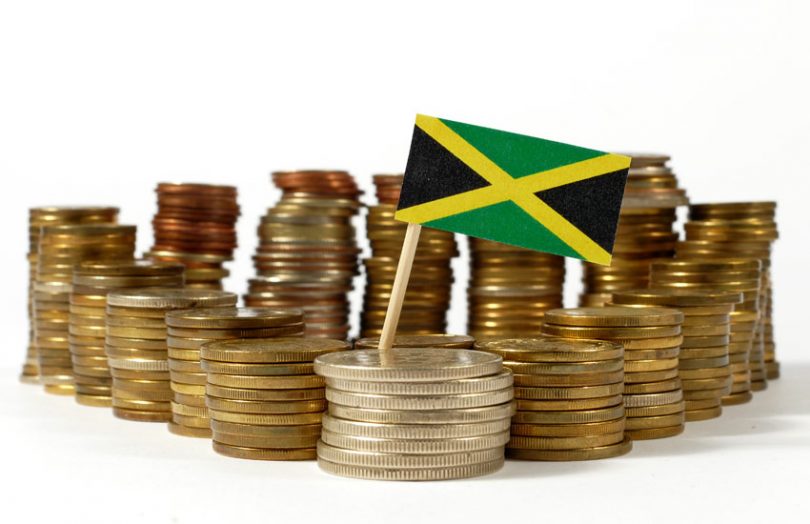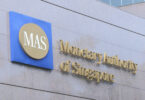Following last month’s report about an August launch date for a digital Jamaican dollar pilot, the Bank of Jamaica (BoJ) minted the country’s first batch of central bank digital currency (CBDC) yesterday.
For the purposes of this test, the Bank of Jamaica is prioritizing broad dissemination of the digital currency. According to the central bank announcement, the CBDC is being issued to deposit-taking institutions and authorized payment service providers.
The initial pilot started with the minting of 230 million Jamaican dollars ($1.5m), with the BoJ expecting to onboard additional banks between September and December.
The digital currency will be stored and exchanged by customers in a digital wallet account, which can be accessed via mobile phone.
Financial inclusion is the stated primary objective of introducing the digital currency, followed by providing an efficient and easy-to-access means of digital payment. The technology provider is Irish fintech eCurrency Mint.
One of the main CBDC design issues all central banks face is to decide between a directly issued digital currency or a two-tiered system. If a central bank chooses the former, it would have to carry out Know Your Customer (KYC) procedures to verify the identities of its customers. Hence Jamaica and most other central banks tend to opt for a two-tier approach.
The BoJ has also previously addressed concerns about the data privacy and money laundering risks associated with a CBDC.
During an interview with Jamaica Information Service, Mario Griffiths, Director of the BOJ’s Payment System Policy Department, stated that third parties will be responsible for anti-money laundering compliance.
“In terms of anti-money laundering, we have ensured that there is intermediation where the central bank will issue CBDC to the financial institutions as well as authorised payment service providers that are regulated by the Bank of Jamaica,” said Griffiths.
Meanwhile, other countries have been picking up the pace of their CBDC research, with India and Nigeria hoping to pilot their CBDCs soon. In the United States, there is still much debate about the need for a digital dollar, as evidenced by a recent Congressional hearing. Two governors of the Federal Reserve also hold contrasting views.






